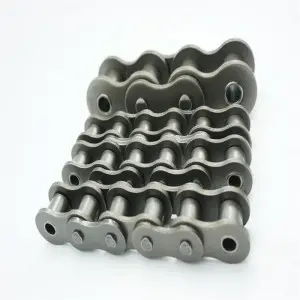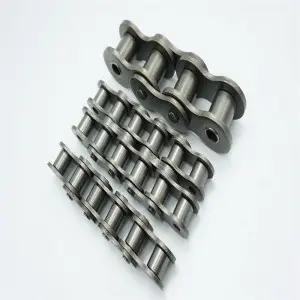Agriculture is not only an important part of the economy, but also the lifeblood of people’s livelihood. Known as the “Sunshine State,” Florida has a thriving agricultural sector that contributes significantly to its economic stability. However, the industry has not been immune to supply chain issues, which have hit Florida agriculture hard. In this blog, we will delve into the profound impact of supply chain disruptions on Florida agriculture and explore potential solutions to mitigate future challenges.
Supply chain issues: A thorn in Florida’s farm chain:
1. Labor shortage:
One of the most critical issues plaguing Florida’s agricultural chain is the ongoing shortage of skilled labor. Agriculture relies heavily on seasonal labor, especially during peak harvest times. However, several factors contributed to the reduction in available labor, including federal immigration policies, restrictions and competition from other industries. As a result, farmers face significant challenges in finding workers to harvest their crops in a timely manner, leading to potential losses and waste of produce.
2. Transportation challenges:
Florida’s unique geography presents transportation challenges that affect agricultural supply chains. While the state benefits from its proximity to waterways and ports, issues such as road congestion, infrastructure constraints and high transportation costs hinder the timely and cost-effective movement of agricultural products. These restrictions not only delay the arrival of agricultural products, but also increase the overall expenditure of farmers.
3. Climate change:
Florida agriculture is highly vulnerable to the adverse effects of climate change, including extreme weather events, rising sea levels and higher temperatures. Unpredictable weather patterns disrupt the agricultural chain, affecting the yield and quality of crops. In addition, increased insurance premiums and costs associated with implementing climate adaptation strategies add to the financial burden faced by farmers.
4. Unpredictable market demand:
Changing market demands and consumer preferences also affect Florida’s agricultural chain. The COVID-19 pandemic has further exacerbated these uncertainties, as supply chains struggle to adapt to sudden changes in demand, such as reduced demand for certain types of agricultural products or increased demand for staple foods. Farmers face surplus or shortage situations, impacting profitability and sustainability.
Mitigate supply chain issues for a resilient future:
1. Adopt technical solutions:
Integrating technology into Florida’s farming chain can streamline processes, reduce inefficiencies and enable better decision-making. Implementing automated harvesting technologies, improved data analytics, and precision agriculture can help farmers optimize production, minimize waste, and address labor shortages. In addition, advanced tracking systems and supply chain management platforms can improve transparency and traceability, ensuring effective communication among stakeholders.
2. Strengthen workforce development:
Addressing Florida’s agricultural labor shortage will require a concerted effort in workforce development. Partnering with educational institutions and offering job training programs can attract and develop a skilled workforce. Encouraging youth participation and promoting agriculture as a viable career option can help alleviate the workforce crisis and secure the future of the agricultural chain.
3. Infrastructure investment:
Investing in upgrading infrastructure, including transportation networks, rural roads and farm storage facilities, is critical to addressing transportation challenges. Expanding port capacity, improving road connectivity and encouraging the use of alternative modes of transport can increase accessibility and reduce costs, ensuring the smooth flow of agricultural products from farm to market.
4. Climate-smart agricultural practices:
Promoting climate-smart practices such as crop diversification and water- and energy-efficient technologies can build resilience to climate change. Encouraging sustainable agricultural practices and providing financial incentives to implement climate adaptation strategies can help protect Florida’s agricultural chain from future environmental uncertainty.
Supply chain issues have undoubtedly impacted Florida’s agricultural industry, but innovative strategies and collective efforts can pave the way for a more resilient future. By addressing labor shortages, improving transportation infrastructure, adapting to changing market demands, and embracing technology, Florida’s agricultural sector can meet these challenges and thrive. As a consumer, supporting local farmers and advocating for sustainable agricultural practices helps restore and maintain Florida’s rich agricultural heritage.
Post time: Aug-15-2023


